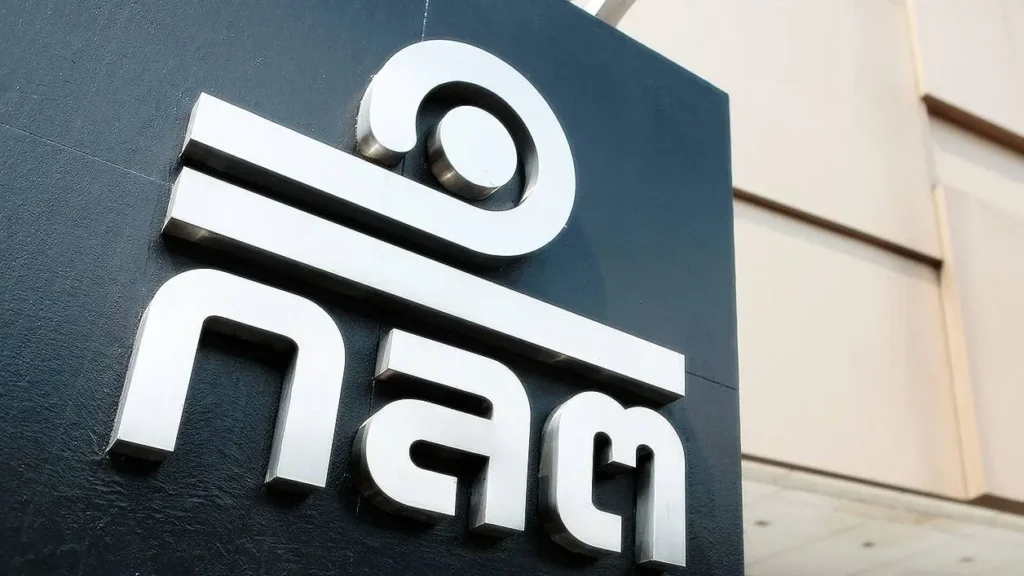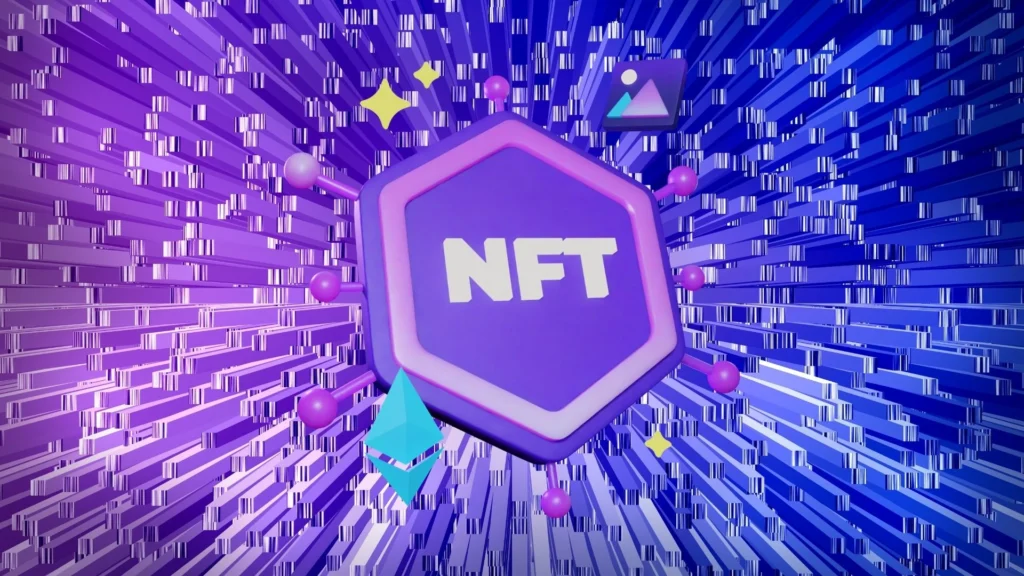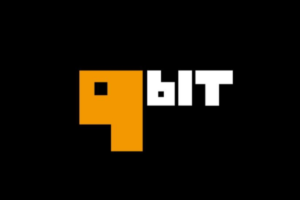Thailand Crypto Showdown 2025: Is Binance or Bitkub Right for You?
Choosing the right crypto exchange is one of the first decisions every trader has to make—especially in Thailand’s growing digital asset space. To help, we’ve turned this into a no-nonsense FAQ about Binance vs Bitkub Thailand based on what Thai users are really asking in 2025.
Q: What are the key differences between Binance vs Bitkub Thailand?
Binance is a global exchange known for its advanced tools, deep liquidity, and wide selection of coins. Bitkub, meanwhile, is Thailand’s homegrown exchange—designed for local traders, fully licensed, and integrated with the Thai banking system.
Q: Which platform has lower trading fees between Binance vs Bitkub Thailand?
Binance typically charges 0.1% per trade, and even less if you use BNB (Binance Coin). Bitkub charges a flat 0.25%. So yes—Binance is cheaper on paper.
However, Bitkub’s pricing is easier to understand and doesn’t require token discounts. For beginners, that simplicity can be valuable.

Q: Can I use Thai baht (THB) easily on both platforms?
Not equally.
- Bitkub: Fully integrated with Thai banks. You can deposit and withdraw THB quickly via local transfer.
- Binance: Direct THB support is no longer available. You’ll need to use peer-to-peer (P2P) trading or third-party services.
If THB convenience is a must, Bitkub has the clear edge.

Credit from : Presto
Q: Which platform offers a better user experience for Thai users between Binance vs Bitkub Thailand?
That depends on your experience level.
- Binance: Feature-rich but complex. Ideal for experienced traders.
- Bitkub: Simple and beginner-friendly. Entirely in Thai, including customer support.
For locals just starting out, Bitkub feels more accessible. Binance is a better fit for power users.
Q: Is one platform more trustworthy or safer than the other in Thailand?
Bitkub is fully regulated by the Thai Securities and Exchange Commission (SEC). That means it follows Thai law and offers some level of user protection.
Binance is not licensed in Thailand and only operates through workarounds like Binance P2P or partner platforms. That doesn’t mean it’s unsafe—but it’s less officially sanctioned.

Q: Who wins in terms of coin selection and features?
- Binance: Hundreds of coins, advanced trading pairs, staking, DeFi, NFTs, and launchpads.
- Bitkub: Offers the basics—BTC, ETH, USDT, and a few regional tokens like JFIN.
If you’re looking to go beyond the basics, Binance is your playground. Bitkub keeps things simple.

Credit from : Artlabs
Q: Can I use both Binance and Bitkub together?
Yes, and many Thai traders do. A common strategy is:
- Use Bitkub to deposit and withdraw THB.
- Transfer crypto to Binance for trading more pairs or accessing advanced tools.
It takes some extra steps, but it can offer the best of both worlds.
Q: Which platform should beginners choose in 2025?
Bitkub. It’s localized, regulated, and easier to navigate. For those just learning crypto, Bitkub reduces the friction.

Q: Which platform is better for advanced traders?
Binance, hands down. It supports a wide range of order types, margin trading, and extensive coin listings. Just be prepared for a steeper learning curve—and some THB deposit challenges.
Final Word: What’s the best choice for Thai traders in 2025?
There’s no universal answer—it depends on what you value more:
| Priority | Best Platform |
|---|---|
| Low fees | Binance |
| Thai language + UX | Bitkub |
| Regulatory clarity | Bitkub |
| Advanced tools | Binance |
| THB integration | Bitkub |
| Coin variety | Binance |
Choose based on your trading goals. And if you can, try both—many traders mix and match for the best results.




